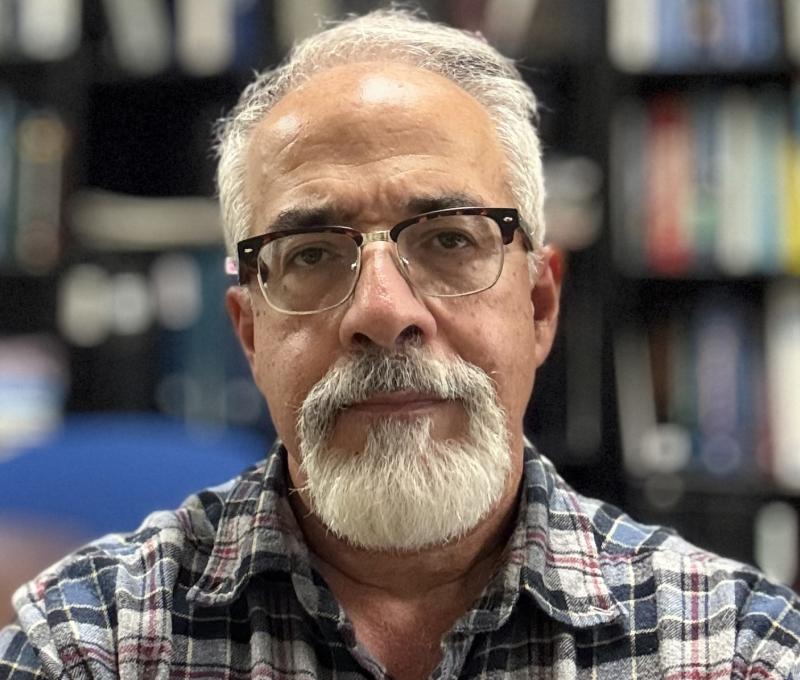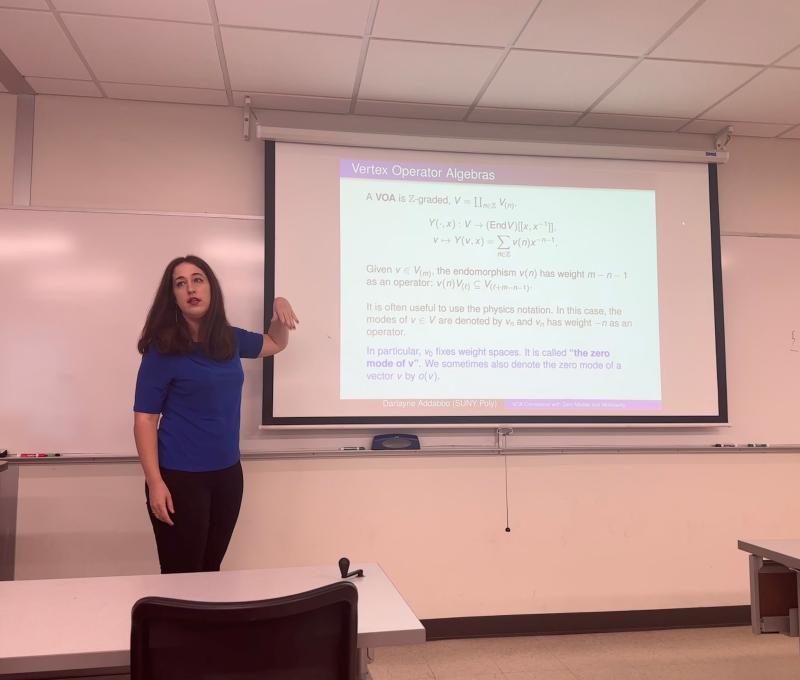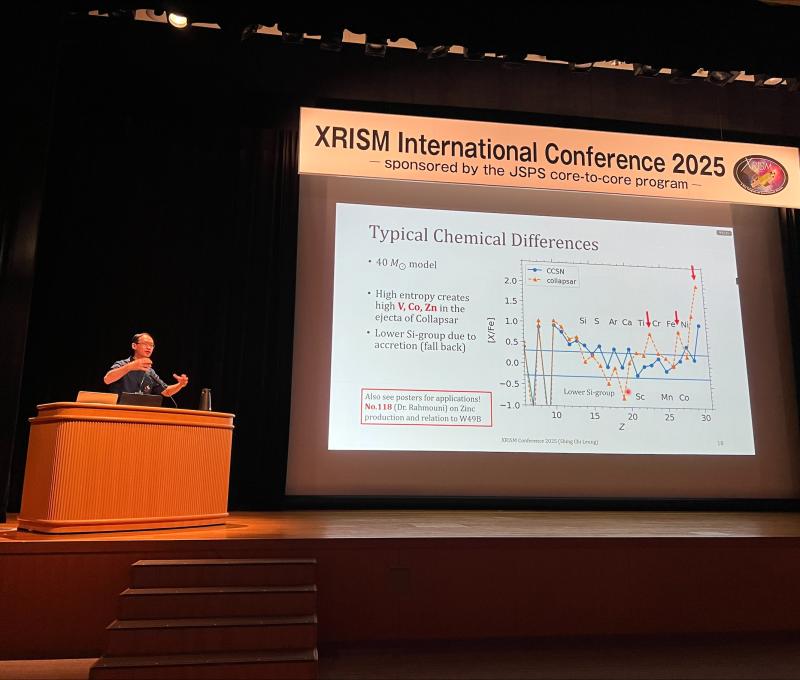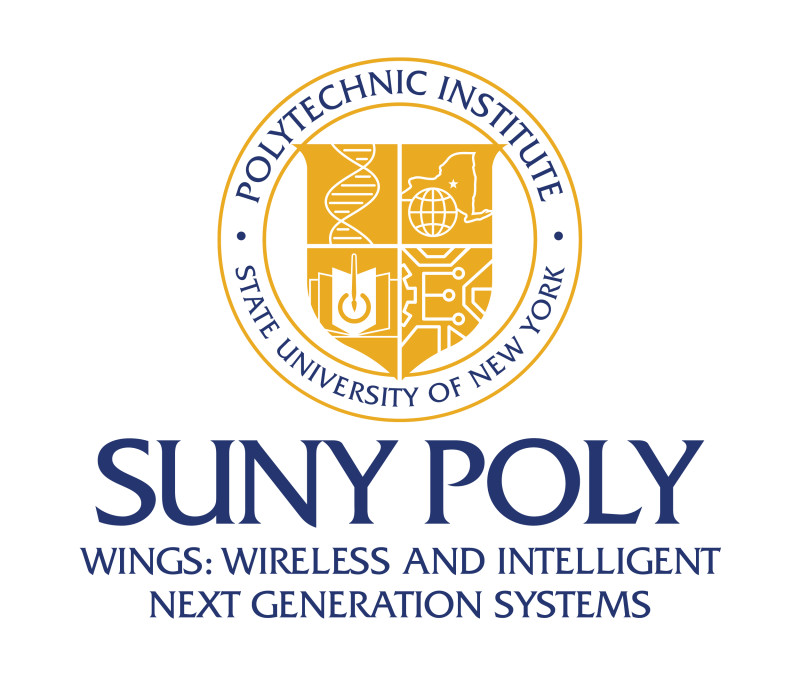Biocompare "Fast-Tracking Cell-Line Development" Article Highlights Research by SUNY Poly Professor Susan Sharfstein

Biocompare
Protein pharmaceuticals represent a multibillion dollar market, but deciphering the most suitable biotherapeutic-producing cell lines is a substantial manufacturing bottleneck. “For innovators, it is all about time into the clinic. How fast can you get your molecule into a robust, stable, high-productivity cell clone?” explains Susan Sharfstein, professor of nanobioscience at SUNY Polytechnic Institute.
CHO cells have been the expression system of choice for producing these biological therapeutics for the past few decades. According to Sharfstein, “Some of this is historical; the FDA is quite comfortable with them so that makes regulatory approval easier.” But these cells are also fairly easy to work with, able to be grown in suspension, and relatively resistant to viral infection. She notes that CHO cells also share glycoforms more similar to human glycans than other rodent cell lines. But perhaps the most important aspect of CHO lines: they have the capacity to express a range of proteins, including enzymes and antibodies, at multi-gram per liter titer levels.
Read More







